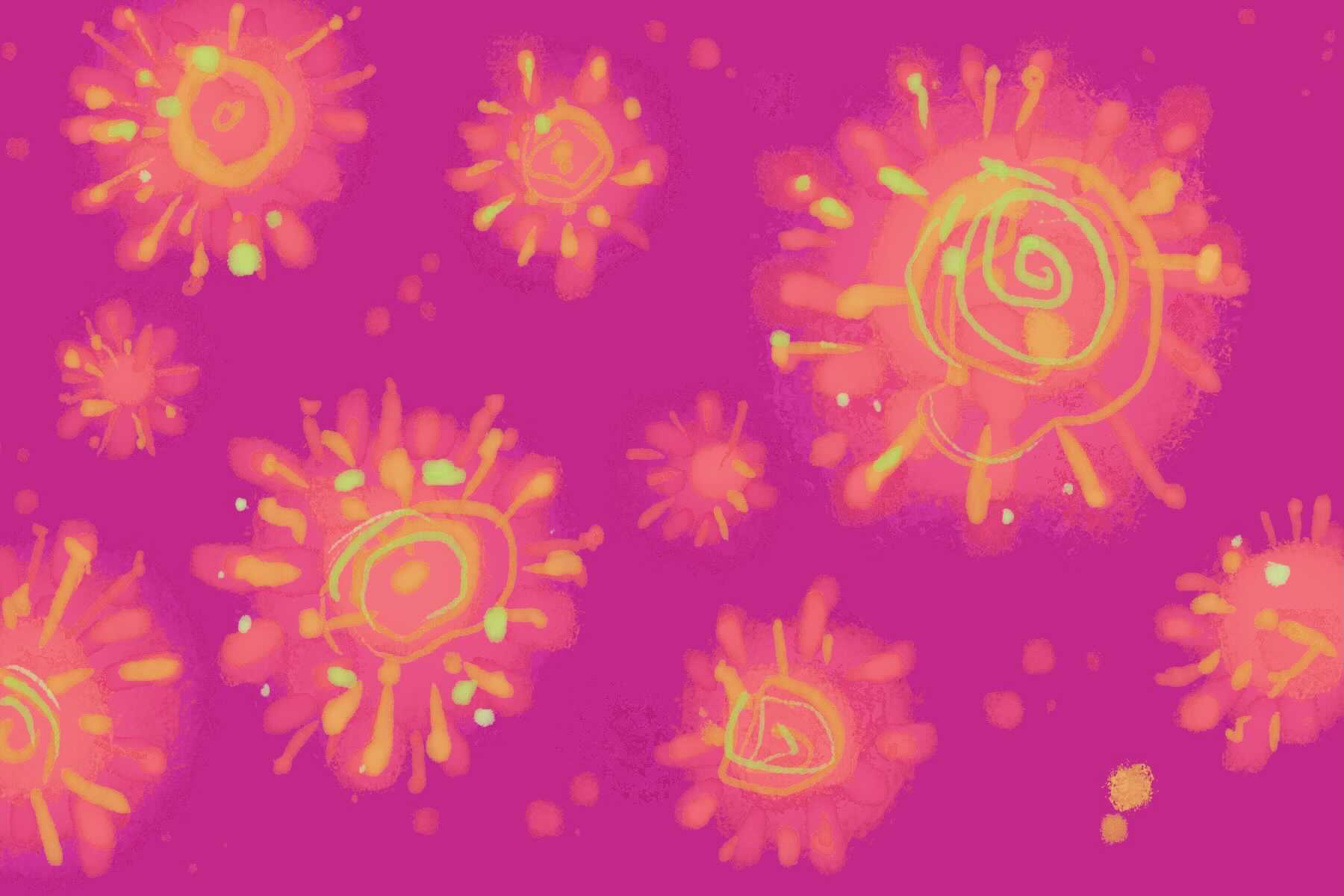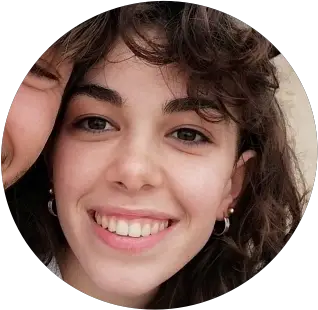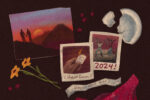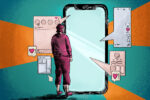The global reaction to the new SARS-CoV-2 variant has left many Africans feeling disappointed but ultimately not surprised. As information regarding the B.1.1.529 variant — more manageably designated “omicron” — continues to be gathered, many of the world’s leading powers have made decisions that are being denounced as impulsive and xenophobic by African politicians and scientists alike. Many have voiced their outrage and criticism on social media over the whiplash travel bans and the reality of vaccine inequity that altogether echo the sentiments of colonialization and racism.
In early November, South African scientists detected the new omicron variant when examining samples sent in for PCR analysis. The variant was quickly sequenced and analyzed to ensure that the World Health Organization (WHO) could be made aware of it by the end of the month. However, instead of being congratulated for this work, South Africa was ostracized by the rest of the world, which only recognized the concern surrounding omicron and not the diligent work done by the scientists. The countries in the lower half of the African continent were swiftly added to red/high-risk zones for travel bans, and the general media took “a new variant has been discovered in South Africa” and turned it into “a new variant has originated in South Africa.” Reports ran rampant with this idea, spurred on by the political powers of the world backing travel bans to ensure that transmission of omicron from South Africa to other regions was stifled as soon as possible.
As COVID-19 cases continue to rise globally, these actions could perhaps be justified as the world endeavors to stop the spread of the virus and keep people safe had they not been so hasty. Many South Africans — scientists, politicians and even citizens — voiced their frustrations at the way the world hurriedly shut down travel to and from South Africa while other countries were also reporting omicron cases: Most southern African countries have been placed on a travel ban list from America, when in reality only two of these countries — South Africa and Botswana — were the first to detect the variant. Meanwhile, other countries such as Israel, Belgium, Germany and Italy were not on these lists despite detecting the variant as well.
While data on the severity of transmission and disease infection from omicron is still being collected, information currently suggests that omicron is more easily transmitted in comparison to other variants. Luckily, approved vaccines are still regarded as the leading method of preventing the contraction of COVID-19 from both omicron and older variants, as well as preventing new variants from emerging. However, African countries are not being vaccinated as quickly as Western countries due to limited vaccine supply from vaccine hoarding in wealthier countries. Respected scientists and politicians, such as Dr. Ayoade Olatunbosun-Alakija, Dr. Ifeanyi Nsofor and even the South African President Cyril Ramaphosa, all offered scathing condemnations of this situation as well as the sentiments behind the travel bans.
Dr. Olatunbosun-Alakija hotly addressed the world’s responses during a brief interview with BBC, describing them as rooted in political inequity instead of scientific reason. Representing the African Union’s African Vaccine Delivery Alliance, Olatunbosun-Alakija scolded the Western powers for hoarding vaccines and charging inexcusably high vaccine prices for poorer African countries such as Botswana. She cited this vaccine inequity as a highly plausible reason for why new variants keep surfacing and identified these actions as xenophobic, concluding with a plea to follow science and not politics. These sentiments were echoed by Dr. Nsofor in an opinion piece he wrote for National Public Radio (NPR). Throughout, Nsofor reproachfully describes various inequities that poorer nations have experienced during the COVID-19 pandemic, including vaccine hoarding by wealthier countries and their one-sided lack of trust in the standard of the technology of vaccines administered in poorer countries.
South African President Cyril Ramaphosa recently described his disappointment at the phone call he received informing him that those in South Africa would be banned from traveling to other countries. He recounts how one-sided the call seemed to be, with no regard for what South Africa had to say in its defense. He diplomatically reprimanded the other global powers for their lack of mutual respect during his speech at the Senegal Peace and Security Forum in Dakar earlier this month.
Agreeing with these sentiments, Secretary-General of the United Nations António Guterres has further described the current travel bans as a “travel apartheid” — a concept that many South Africans are familiar with — while local citizens themselves have sought to oppose this ostracization through social media. South African politician Mmusi Maimane claimed on Twitter that the backlash Africans have faced in the past few weeks is rooted in an “anti-Africa sentiment,” while others criticized the ironic nature of countries like Canada not trusting a South African PCR test despite the country’s well-structured disease-control technology and their tardiness in sequencing and identifying the omicron variant.
While many are questioning the underlying notes of xenophobia in the travel bans and unequal vaccine availability, the blatantly racist media responses have been the most alarming. A Spanish newspaper recently had to issue a public apology for publishing a cartoon depicting personified forms of the SARS-CoV-2 viral capsule in the likeness of African caricatures reminiscent of black face approaching the European shoreline in a boat. The frustratingly vapid apology seems to indicate just how far the world still has to go to eradicate racism against African populations.
Keeping everyone safe is the current focus of every nation in the world, but assigning blame and dropping South Africa like a hot potato while still maintaining an open dialogue with the rest of the world has been an uninspiring experience for many South Africans. As Ramaphosa has reminded the world, the goal should certainly be to work together to ensure the health and safety of everyone and to prevent another variant from coming into existence as the omicron variant currently moves through the rest of the global population. Africa should not become the scapegoat nor the neglected child of the world, especially during a time when everyone’s well-being should be protected from the unfortunate realities of the forces of nature.

















